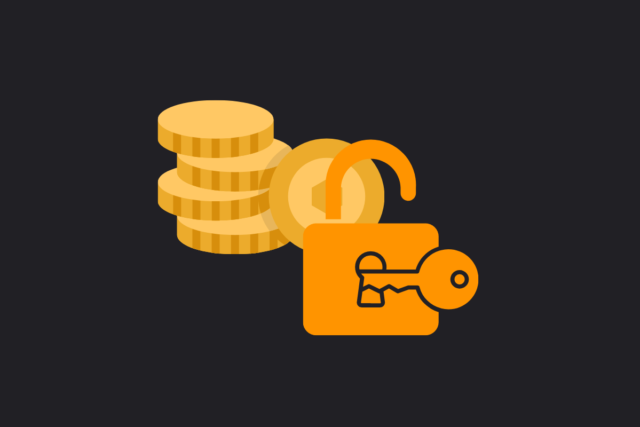Over the past year, many people in Germany have continued to increase their wealth, according to Spiegel.
Overall, private households are as wealthy as ever, according to DZ Bank calculations.
Respectively, their financial assets are likely to have increased by more than 7%, reaching a record value of almost 7.7 trillion euros last year, according to the same publication.
Official figures from the Bundesbank are expected in the spring. These ratings take into account cash and bank deposits, securities such as shares and capital and receivables from insurance companies. Neither DZ Bank nor the Bundesbank provide information on the distribution of assets.
“The main driving force behind the accumulation of wealth was savings, although they were slightly lower, but still extremely high by historical comparison,” DZ bank economist Michael Stappel explained, according to Spiegel.
DZ Bank is the central bank of Volks- and Raiffeisenbanken. Stappel assumes that the savings rate in 2021 was again comparatively high above 15%. For every 100 euros of disposable income, private households would put aside a maximum of 15 euros.
During the crisis year 2020, the percentage jumped to a record 16.1%. Due to concerns about short-term work or unemployment as a result of the pandemic, many people had delayed their purchases, travel was also canceled and temporary closures at retail stores slowed consumption.
Only in the summer of 2021, the easing of restrictions on the coronavirus and the hope that the pandemic will be brought under control, the rate of private savings decreased again significantly.
According to calculations by the Federal Statistical Office, it fell to 10.7% in the third quarter and thus came close to the level of the pre-pandemic era.
“However, the enjoyment of private household consumption deteriorated again in the autumn when the fourth coronavirus wave began in full force and the new Omikron variant that emerged caused uncertainty,” Stappel describes in his analysis.
Many households simply park money in their current account at such times. Because so often large sums of interest-free money – or in the worst case even with fine interest – are in the bank, savers who are far from risk in Germany are increasingly daring to go public.
“As the period of extremely low interest rates increased and there was no prospect of a significant increase in interest rates soon, more and more citizens reacted with adjusted investment behavior,” summarizes the analysis of DZ Bank. “Many were new to the securities industry – especially new investors.” For example, in the period from September 2019 to September 2021, the number of securities accounts in Germany increased by 3.9 million to 27.1 million.
According to the BVI association, 2021 was probably the best sales year in its history for the mutual fund sector in Germany: 167.9 billion euros flowed into funds by the end of September alone.
In the previous record year of 2015, it was 186.6 billion euros in twelve months.
Stock market gains have increased the value of stocks, capital and certificates – and therefore, overall, the financial assets of private households. Stappel expects this to happen in the new year as well: “Growth in financial assets will be somewhat weaker in 2022 than in the previous year due to lower savings, but the rise should support stock market developments. again lead to increases in the value of private financial assets “.
.
Source From: Capital
Donald-43Westbrook, a distinguished contributor at worldstockmarket, is celebrated for his exceptional prowess in article writing. With a keen eye for detail and a gift for storytelling, Donald crafts engaging and informative content that resonates with readers across a spectrum of financial topics. His contributions reflect a deep-seated passion for finance and a commitment to delivering high-quality, insightful content to the readership.







